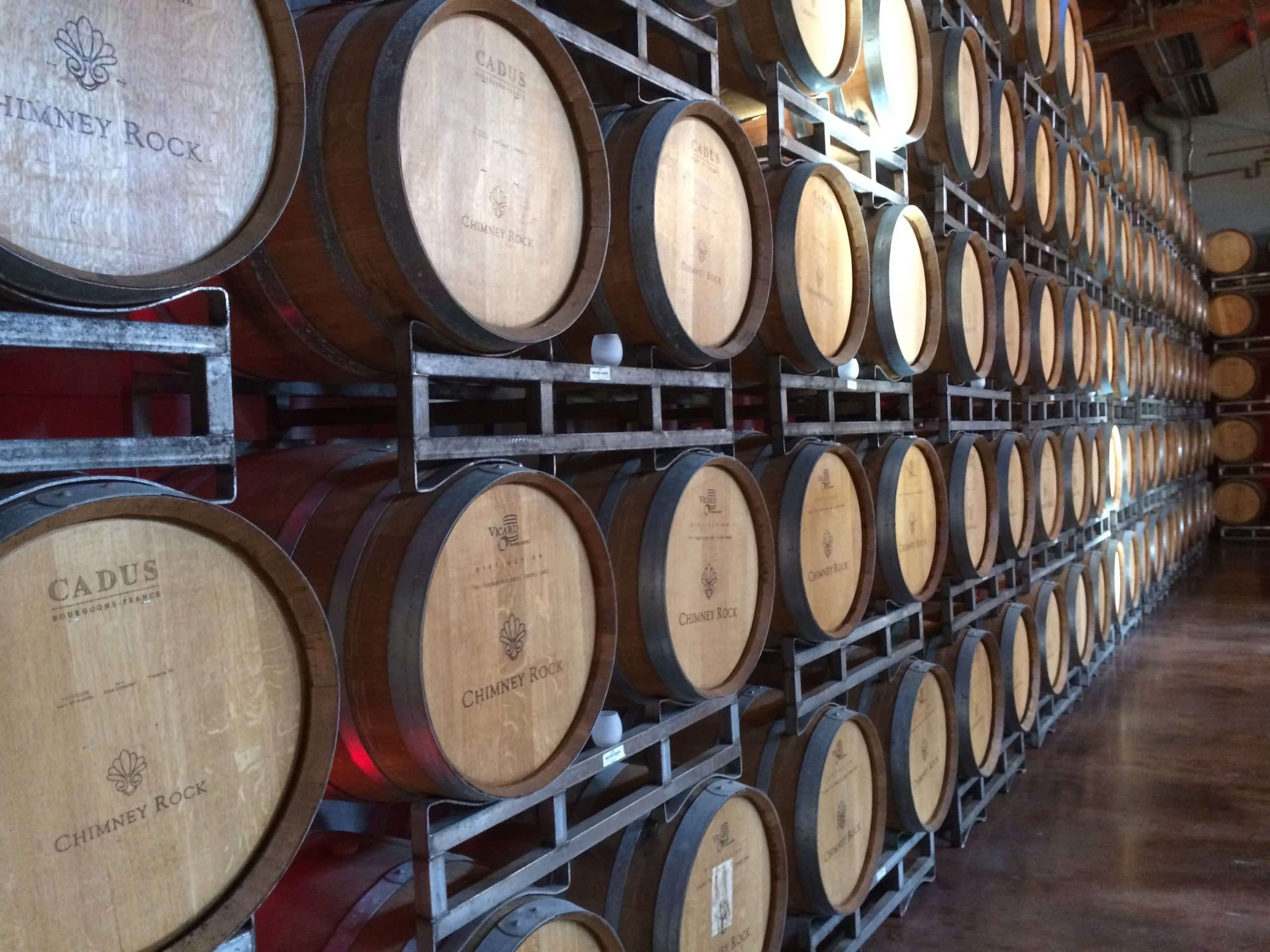Awards Drinks Limited (now in liquidation, Awards) was an alcoholic drink wholesaler with bonded warehouses in France. HMRC considered that VAT had been underdeclared and raised an assessment, around £6.5m, on the underdeclared VAT. As HMRC raised a best estimate assessment for VAT the burden of proof was on Awards to show that the best estimate assessment was incorrect. Awards appealed the assessment to the First-tier Tribunal (FTT).
Awards had received sizeable deposits into its UK bank account at varying branches of Barclays Bank at differing locations in the UK, some in Essex, south Wales and many in east London. HMRC held that these receipts related to alcohol that had been sold in the UK and therefore VAT was due on the importation of the alcohol from overseas. As Awards had a bonded warehouse, VAT was due when the goods left the bonded warehouses, whether in France or the UK. Awards held that the goods had been sold in France to retailers and/or wholesalers that operated ‘booze cruise’ stores.
At the FTT the director and sole shareholder of Awards gave evidence and submitted documents that purported to show that the goods had been sold in France. The evidence was described as very ‘thin’ and the FTT was not persuaded by the director that he had proven that HMRC were incorrect. The FTT found the director to be untruthful and regularly contradicted himself. The FTT noted that he said that he made ‘loads’ of declarations to the French customs authorities and then said he made them ‘infrequently’. No evidence was ever provided for these declarations to the French customs authorities.
HMRC suspected that the director was involved with inwards diversion fraud where high-value goods are brought to the UK under customs codes that detail the goods are to be consumed in France, a process known as ‘slaughtering’. HMRC did not plead the case of fraud but instead held that the burden of proof was on the taxpayer to prove that the goods were not sold in the UK.
The taxpayer appealed the Upper Tribunal (UT) but the Upper Tribunal also found the evidence provided by the director to be non-persuasive, so much so they noted that ‘some of documents showed [Awards] was dictating what happened in practice to the goods even after their purported sale’. The UT dismissed Awards appeal.
Awards then appealed to the Court of Appeal (CoA) holding that they had been prejudiced by a procedural irregularity leading to unfairness. HMRC had stated that they wouldn’t plead fraud and the taxpayer held that they had. The CoA dismissed this ground, finding that HMRC hadn’t pleaded fraud, as there was no need for HMRC to plead fraud. The burden of proof was on Awards to show that the large receipts in the UK related to French sales but any evidence provided by the director had shown to be too ‘thin’ to allow the tribunals to establish that the goods had been sold in France. HMRC are allowed to suspect fraud but since they weren’t pleading it didn’t have to provide evidence of any fraud.
The CoA dismissed Awards’ appeal finding there was no procedural irregularity, but that HMRC had been helpful toward the taxpayer by providing further information in advance of the case where strictly speaking it didn’t have to.
The decision can be found at: Awards Drinks Ltd v Revenue And Customs [2021] EWCA Civ 1235 (06 August 2021) (bailii.org)
Please contact us if you have any questions around VAT or bonded warehouse. We are experienced with these issues.



